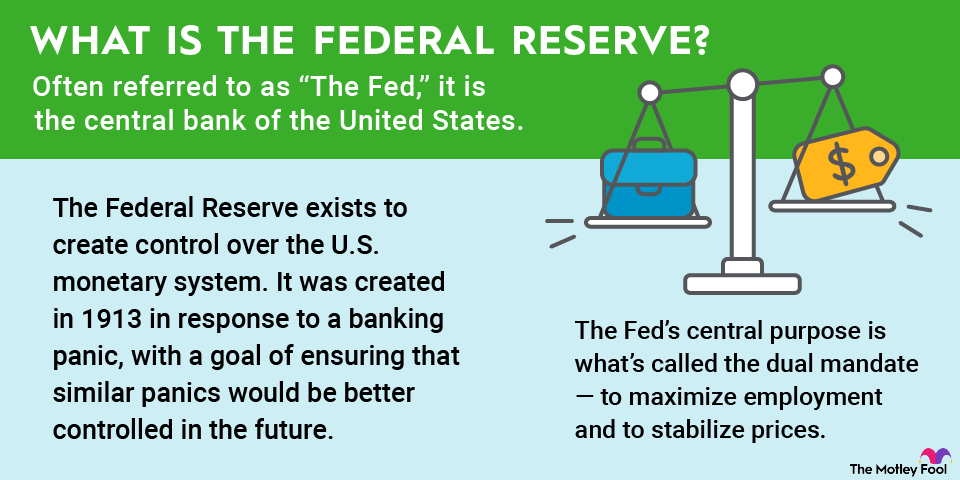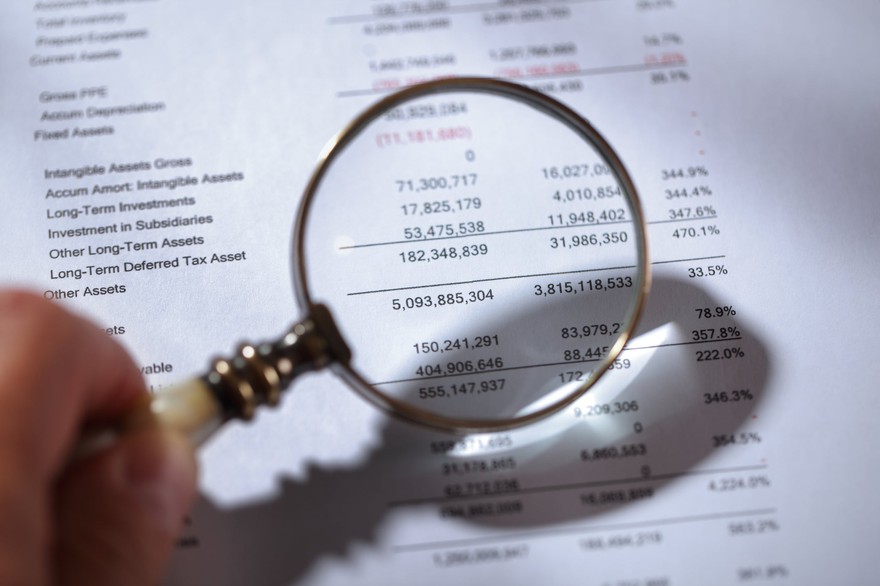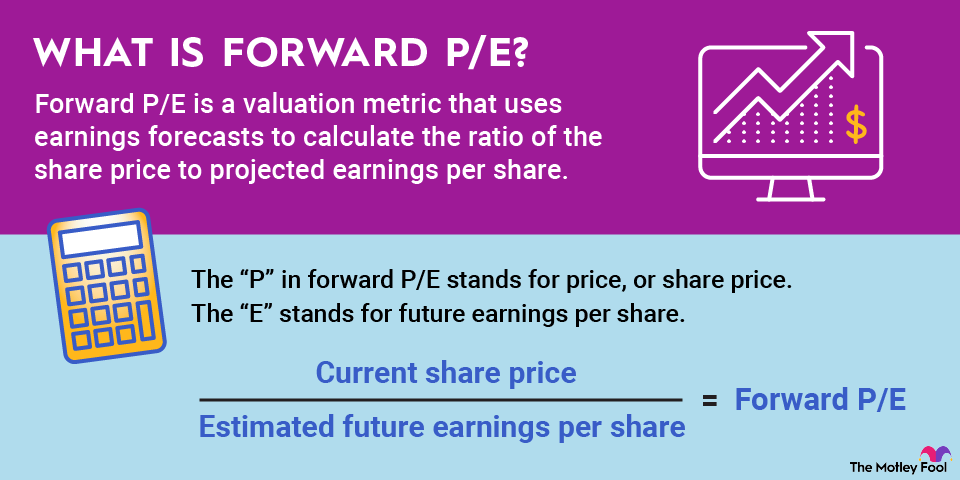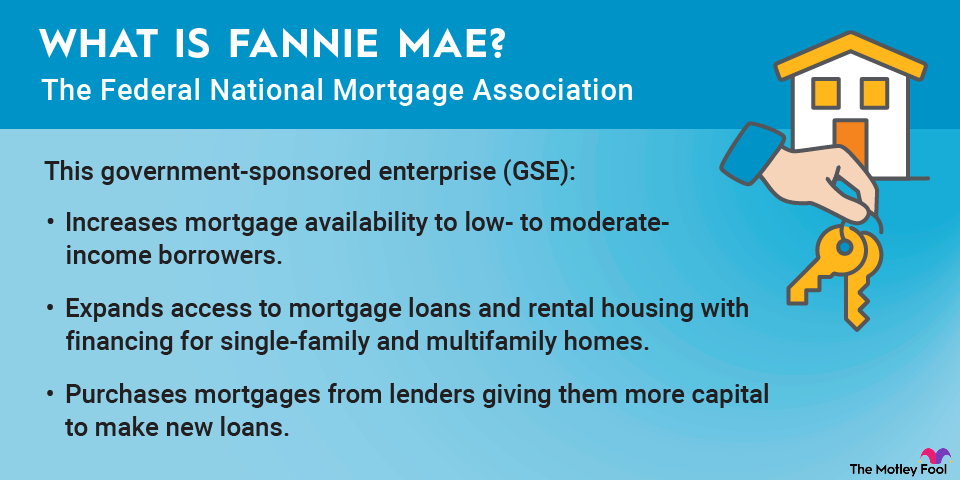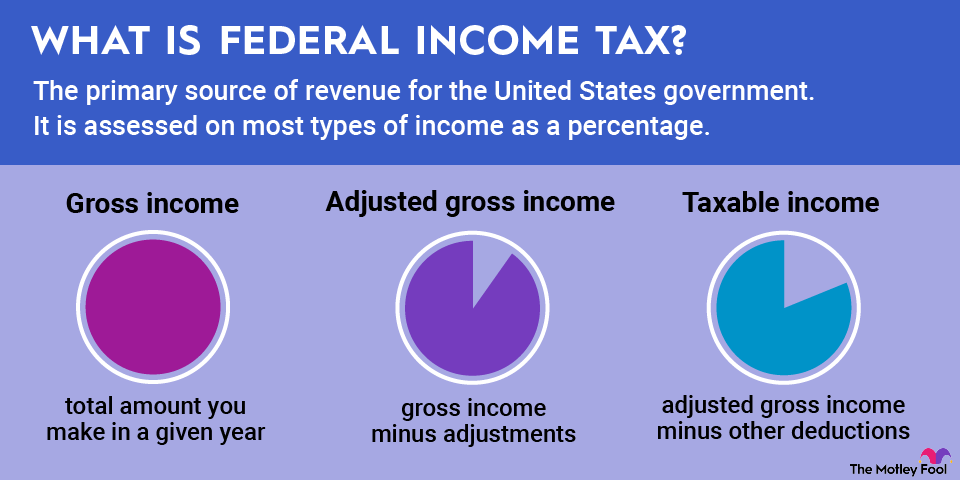The Federal Open Market Committee (FOMC) is an arm of the Federal Reserve Board and is responsible for the direction of monetary policy through the open market operations of the Fed. The committee consists of 12 members who meet at least eight times per year to set a near-term target for the federal funds rate.

What is the FOMC (Federal Open Market Committee)?
The FOMC (Federal Open Market Committee) consists of 12 members -- seven members of the Board of Governors, the president of the New York Fed, and four of the remaining 11 Reserve bank presidents, serving one-year terms. The 11 regional reserve banks are divided into four groups, with one president from each group serving on the FOMC each year.
Group 1 | Group 2 | Group 3 | Group 4 |
|---|---|---|---|
Boston | Cleveland | Atlanta | Minneapolis |
Philadelphia | Chicago | St. Louis | Kansas City |
Richmond | Dallas | San Francisco |
All Fed bank presidents attend FOMC meetings, even if they don’t have a vote. They contribute to discussions and help assess the economic situation.
What happens at an FOMC meeting?
The FOMC meets eight times per year. It can meet more often if economic conditions require it.
At each meeting, the members will discuss various economic factors including wages, inflation and its causes, employment levels, production levels, consumer spending, new home and commercial construction, and international financial developments.
Following the discussion, members must propose an appropriate direction for monetary policy that will best uphold the Fed’s dual mandate -- price stability and maximum employment. The members vote on whether the Fed should buy or sell more securities, such as Treasury bonds, on the open market, and how much to buy or sell to meet its target interest rate.
How the FOMC affects interest rates
The FOMC uses the open market operations of the Fed as the tool to change interest rates.
Open market operations can tighten or loosen the money supply. If the Fed wanted to tighten the money supply, it would offer government securities for sale. Institutions would exchange cash for government securities. If it wanted to increase the money supply, it would buy securities, pumping cash into the financial system.
A tighter money supply means it’s harder to borrow, and interest rates rise. A looser money supply means it’s easier to borrow, and interest rates decline.
Although the FOMC sets a target interest rate, banks actually set the rates. It’s up to the open market operations of the Fed to adjust the money supply to the point where the rates naturally fall within its target range.
Interest Rate
How the FOMC affects the stock market
Investors pay close attention to the FOMC meetings. Although the decisions that the committee makes can often take a long time to actually affect the economy, the financial markets are forward-looking and react much more quickly.
If the FOMC indicates it will raise interest rates higher than expected, it’ll be more expensive to borrow in the future. This has some widespread implications.
First, when borrowing gets more expensive, consumers can spend less on discretionary items. Higher interest rates mean buying a new house or car is more expensive. If someone has credit card debt, more of their money is going toward interest instead of paying off the balance. Many companies will see fewer customers or customers cutting back on their spending, which can directly affect their earnings per share.
Cash Flow
Second, higher interest rates mean investors will demand higher returns from stocks since they could invest in invest in bonds or certificates of deposit and earn a strong return. As such, the discount rate investors place on future earnings and cash flows from a business increase, sending the value of the stock lower. That compounds the potential for lower company earnings as a result of higher interest rates affecting consumer behavior.
Related investing topics
The opposite holds true, as well. When the FOMC indicates lower-than-expected interest rates going forward, market forces will usually push stock prices higher.
It’s important to remember that market expectations are key. If analysts on Wall Street already expect the FOMC to raise interest rates throughout the year, and it does exactly that, it won’t have much impact on the stock market. When reality doesn’t align with expectations -- which is often the case -- the FOMC can have a big impact on the stock market.


